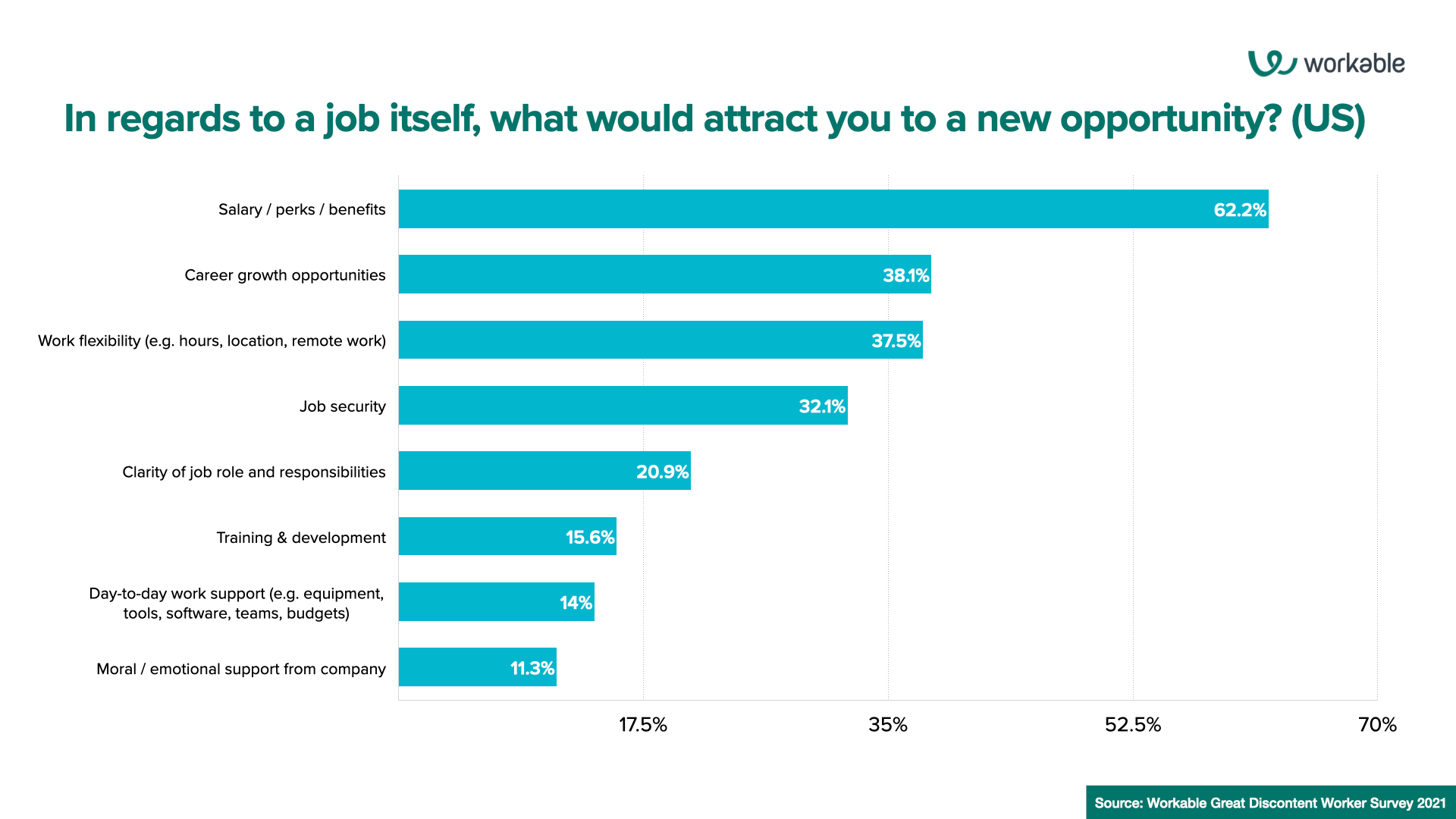Salary based on location versus pay for value: which is better?
Paying based on location considers the cost of living and market rates in an employee's area. However, this can lead to disparities if employees relocate. Paying for value, on the other hand, focuses on the contribution an employee brings to the company, regardless of their location.

Way back in the dark ages of 2019, it was pretty obvious how you should pay people, and location was a big part of that decision calculus. Everyone understood that if you lived and worked in Silicon Valley, your salary would be higher than if you lived and worked in the Red River Valley (Minnesota, if you’re wondering).
Then in 2020, many people took their work home, and some moved from California to Kentucky.
But their job didn’t change, and the pandemic continued for too long, and now, no one wants to come back to the office. Just what do you do about salaries now that the employee can choose their own cost of living?
Since salary is top of mind for many active and potential jobseekers, it’s an important discussion.
So, let’s look at the options you have as an employer when considering salary structure:
Option 1: Ignore location when considering salaries
Historically, all salaries were local because everything was local. Your clients lived next door, and you couldn’t charge more than they could pay. Today, whether you are in manufacturing or app building, your clients could be anywhere across the globe.
So, it makes little sense to determine a salary based on where someone lives when their labor brings revenue from elsewhere. (There are, of course, strictly location-based jobs: plumbers, retail workers, dentists, etc.) But even a manufacturing plant could be supplying products for New York City just as easily as it supplies products for Nebraska.
With these thoughts in mind, you calculate salaries based on the value the person brings to the company – regardless of where they sit. Whether in an office or from home, it’s all about value.
This can be difficult to calculate – with a salesperson, it’s easy: it’s a percentage of how much they sell. It can also be easy for a manufacturing plant – how much product do they produce? But what about your HR person? Your IT person?
While good people in these positions bring value to the company, that value can be hard to calculate. Just how much money does your HR person save you by ensuring your company complies with employment laws? The answer could literally be millions. But, no one calculates it that way.
Fortunately, you don’t have to do too much fancy math to figure this out. Take your current salaries and advertise new positions based on those salaries. If qualified people apply, great! You’ve found the right compensation. If only unqualified people apply, bump it up. If you get 100 overqualified people applying, you’re probably offering too much.
Option 2: Location is everything
Google said they would vary salaries based on location as part of their return-to-work program. If you stay in California, you’ll make more money than if you relocate to Texas.
You can buy a much bigger house in Texas for a lot less money than your tiny San Francisco apartment, so people are pretty okay with that.
But, what if you currently operate out of Texas and say, “Everyone who wants to can work from home!” and then someone moves to San Francisco? Most companies will balk at increasing a salary when someone moves. It’s worth noting that Google’s headquarters are in a costly location (San Francisco) so they save money by following this plan.
Towns that have been inundated with big-city refugees are tired of watching their housing prices soar as big-salaried Californians snap up properties. It can be devastating for local groups.
Option 3: Think hybrid
The best solution is a hybrid one: you need to consider both location and national salaries for jobs – especially those in high demand that can be done remotely. While it may not seem fiscally responsible to pay more than you absolutely have to, the Great Resignation means that you may have a hard time keeping people if you’re not willing to be on the high end of compensation market rates.
People who need to be onsite – either full time or a couple of days a week – will need to live close by and you can look towards more localized salaries. People who can literally live anywhere won’t want to take a lower salary just because they’ve moved away.
Be very clear about your salaries when hiring. And be honest about remote working opportunities. Candidates don’t like the bait-and-switch technique where you advertise the position as “remote” but then switch that to in-office or even hybrid.
And, as far as keeping costs down, remember, if an employee is working 100% remotely, you don’t need to pay for space for that employee. You’re saving money on office costs – pay that forward in the form of higher salaries.
Shifting salaries, shifting locations
This may all become a moot point as local market rates start to disappear – at least for jobs that can be done remotely. Even if you require your accountant to work onsite, you may find that you’ll have to pay the same amount as someone in a wealthier area would. Right now, salaries are changing, and we’ll see how it plays out.
And while people clamor loudly for remote work opportunities, there is no guarantee that those preferences are fixed. When it’s just you and your spouse working from home, it can be pleasant. Add three kids and a dog, and you just might look forward to the office every day.
Related: What about salary transparency? See Suzanne’s take on that as well.
And people are moving – from California, Illinois, and New York (among others) to Idaho, Florida and Texas. As things shift around, the most important thing is for you to pay attention. If you struggle to hire or retain staff, you’ll need to change how you do things. If you’re open with your salary ranges and working conditions and get plenty of applicants, you’re doing it right.
Remember, if you wait to adjust until some expert tells you what you should do, you’re too late. And that may mean paying based on location and it may mean paying on skills only. You’ll have to pay attention and get ahead accordingly.
Frequently asked questions
- What are the options for considering salary structure?
- Employers have three options when considering salary structure: ignoring location, considering location, or a hybrid approach. Each has its own merits and challenges, and the choice depends on the nature of the job and the company's policies.
- What does it mean to ignore location when considering salaries?
- Ignoring location means calculating salaries based on the value the person brings to the company, regardless of where they live. This approach is suitable for jobs that are not strictly location-based and where the labor brings revenue from different locations.
- What does it mean to consider location when determining salaries?
- Considering location means varying salaries based on where an employee lives. For instance, an employee living in a high-cost area like California might earn more than someone in a lower-cost area like Texas. This approach considers the cost of living in different areas.
- What is a hybrid approach to salary structure?
- A hybrid approach considers both location and national salaries for jobs, especially those in high demand that can be done remotely. This approach aims to balance the cost of living and the value an employee brings to the company.
- What are the implications of shifting salaries and locations?
- As more jobs become remote, local market rates might start to disappear, leading to a shift in salary structures. Employers need to pay attention to these changes and adjust their salary structures accordingly to attract and retain staff.





